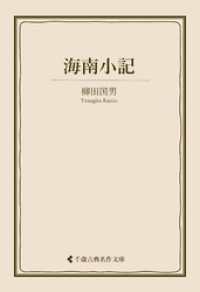Description
This volume assesses how far the ideas and achievements of the 19th century British Idealist philosophical reformers are still important for us today when considering fundamental questions about the structure and objectives of the education system in England and Wales. Part 1 examines those ideas of the Idealists, especially T. H. Green, which had most bearing on the educational reforms carried out between 1870 and the 1920s and traces their connection with the philosophy and educational theory of Hegel and other post-Kantians. Part 2 is an historical survey, concentrating on the innovations in the organization and contents of education in England and Wales brought about by the administrators and educationists educated in philosophical idealism. Part 3 considers what relevance the philosophical and practical ideas of this interconnected group of reformers have to education today.
Table of Contents
Part 1: Philosophical Idealism and Education 1. Introduction 2. Nature, Man and God 3. Morality and Community 4. Society and the State 5. Education Part 2: The Work of the Educational Reformers 6. The Oxford Influence 7. Adult Education 8. Towards a National System of Education 9. Religion, Idealism and Education 10. Idealists as Educational Theorists 11. The Decline of Idealist Influence Part 3: The Idealist Legacy Today 12. Education and its Aims 13. The Realization of Educational Aims 14. The Theory and Practice of Education








